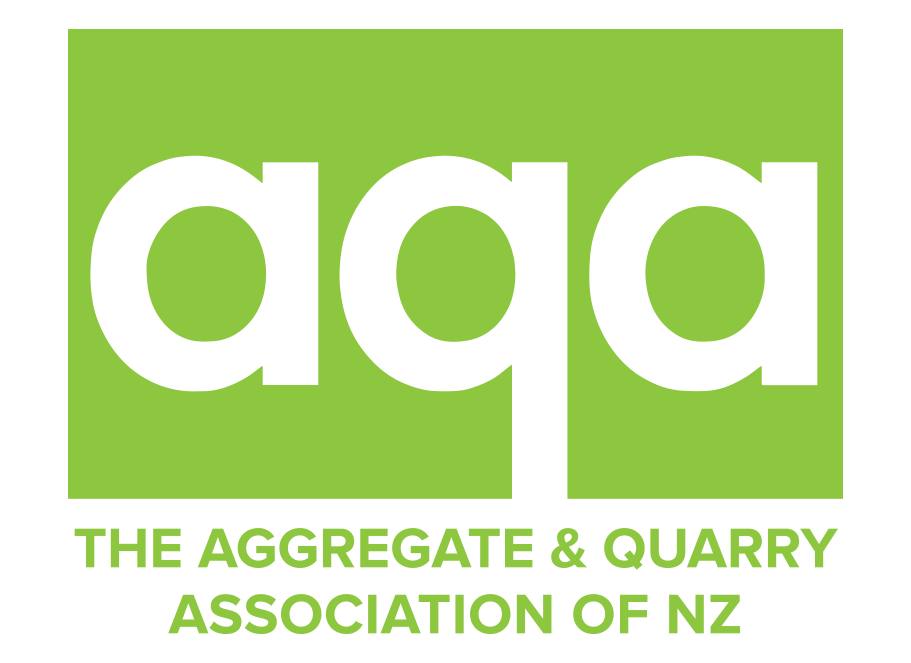A world-class strategy that New Zealand must embrace and rapidly deliver if we want to remain a first-world economy.
That’s how the quarry industry has responded to today’s release of the strategy for the next 30 years from Te Waihanga, the New Zealand Infrastructure Commission.
Aggregate and Quarry Association (AQA) CEO Wayne Scott, who was at the Christchurch launch of the strategy, says it brings together all the elements needed to ensure New Zealand can deliver on all its economic, environmental and infrastructure ambitions.
“This is the road map for how we can build a future that gives everyone good roading, rail, cycling, water and electricity networks emitting the least possible carbon and which remain durable through climate change’s impacts,” says Wayne Scott.
He’s particularly pleased to see Te Waihanga (NZ Infrastructure Commission) has confirmed that local authorities must plan to protect aggregate supplies in long-term plans.
“That’s essential as our population rises another 1.2M over the next 30 years. If quarry supplies aren’t roped off from urban sprawl, then there will be huge cost and carbon consequences to bring in supplies from remote areas or even from overseas.”
Wayne Scott says the quarry industry would also welcome the implementation of Te Waihanga’s recommendation for clear national rules on issues like dust and noise for operators.
“This is so variable across 70 or more councils and a consistent approach where quarries and neighbours knew what was required would benefit everyone.”
The report’s identification of the need for more resilient infrastructure in the face of climate change’s impacts has been increasingly evident to the quarry sector.
“We need better design and build approaches because we are seeing too many roads and bridges washed away time and again. Patching up things which the next downpour will erode not only wastes public money, we also don’t have enough quarry materials to squander them.”
The AQA CEO also welcomes the Infrastructure Commission’s recommendations for better recycling of materials for use in infrastructure projects and the focus on encouraging a better trained and more diverse infrastructure workforce.
“The key thing now is how quickly these recommendations can be implemented. In reality, it will take several years. In the interim, I trust any Government will continue expanding the use of fast-track consenting for critical projects.
“Given how fundamental quarry materials are to every infrastructure project, we are going to need to see some fast-tracked quarries in that mix if there’s any hope of delivering the $60b+ of infrastructure projects already in the pipeline,” says Wayne Scott.
Contact: Wayne Scott wayne@aqa.org.nz 021 944 336



